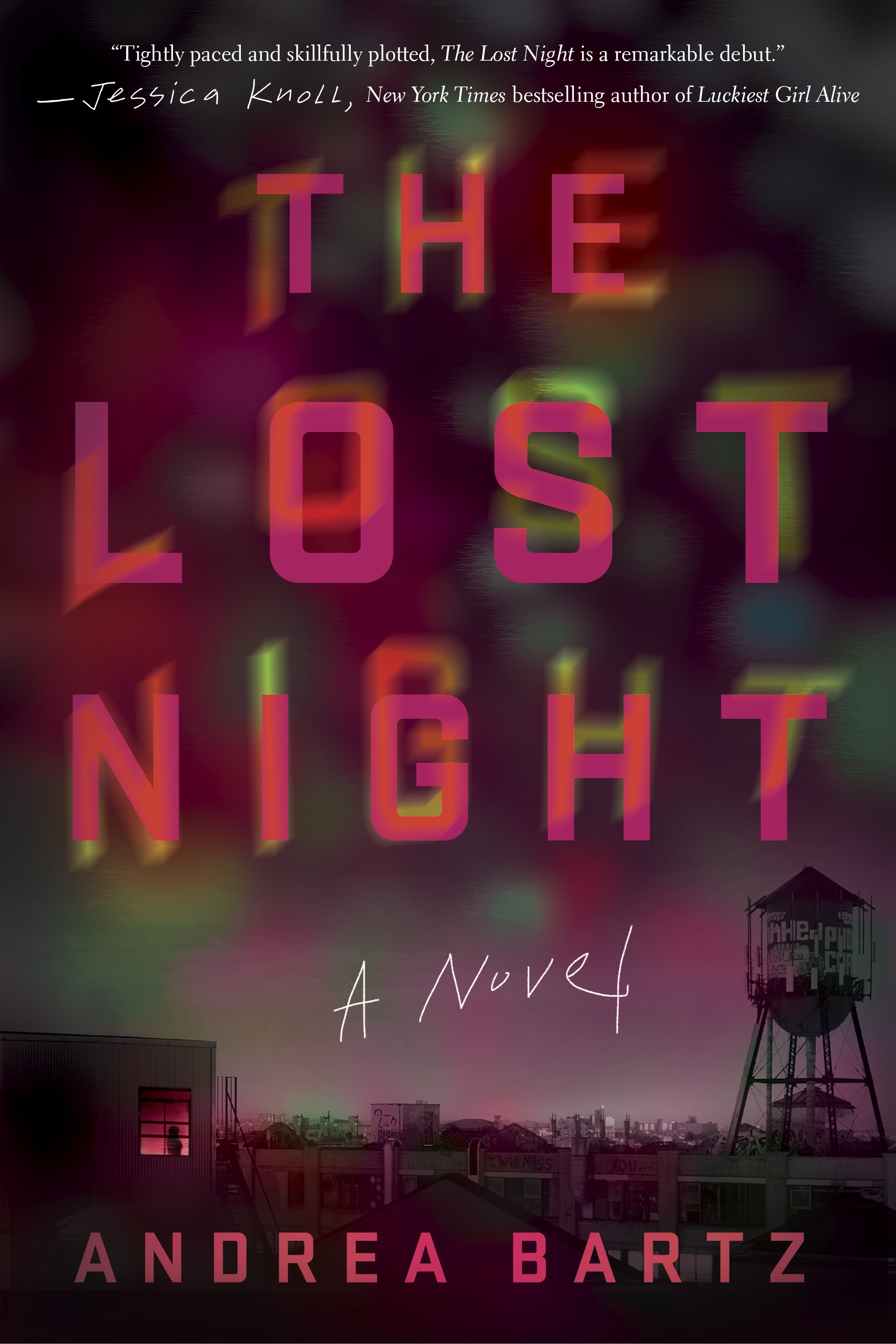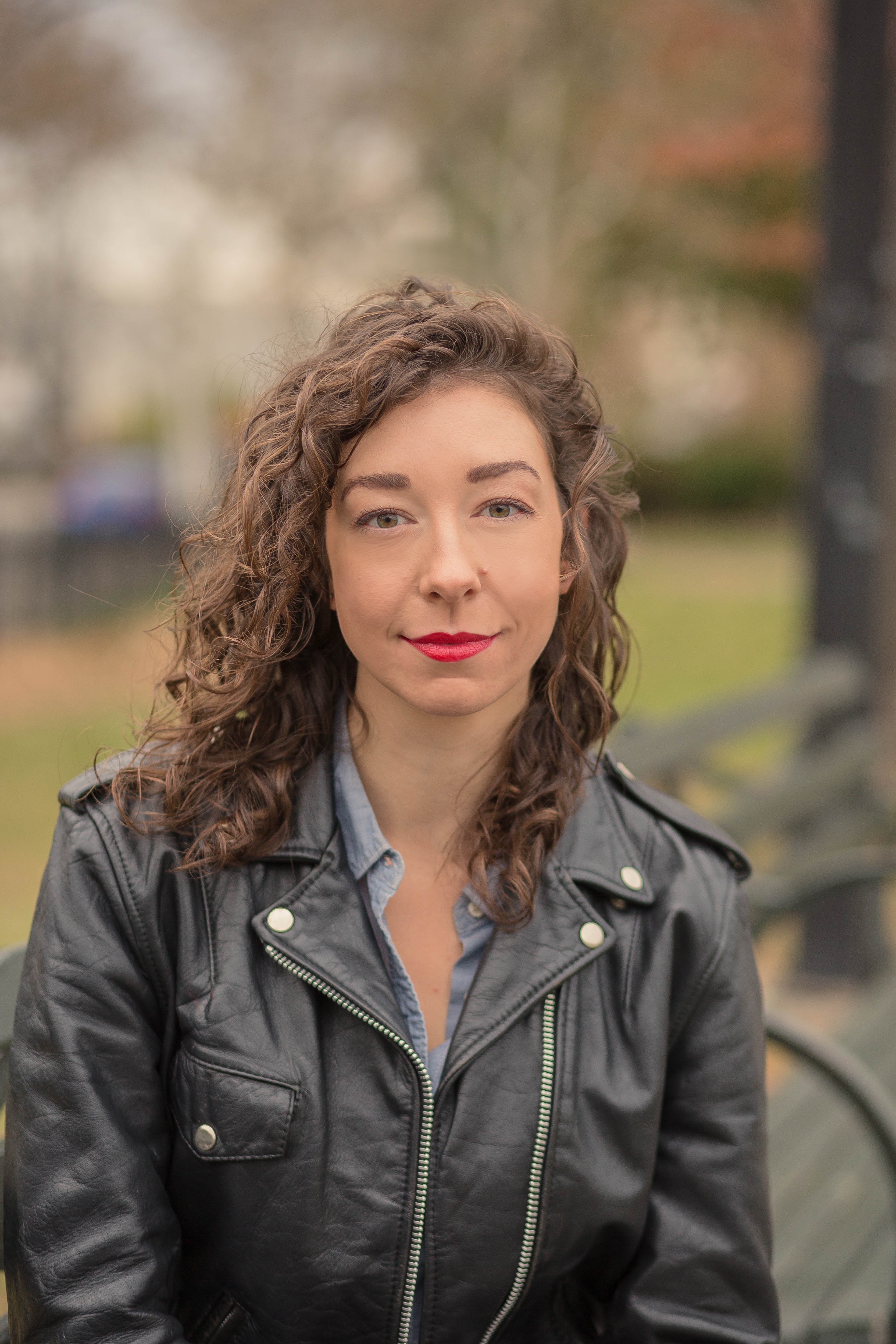There are thousands of craft books purporting to tell you how to write, but recently I read one that changed my life. No, really: It helped me focus and sharpen my novel, but more importantly, it changed my relationship with and approach to everything I do.
That book is The Anatomy of Story by John Truby, and one of the many, many exercise it forces you to do as you plan out your novel or screenplay is to identify the story’s premise and its designing principle. The premise is what the story’s about; for example, The Lost Night, my debut thriller (out today from Crown), is about a woman unraveling the dark truths surrounding her best friend’s apparent suicide in a Brooklyn loft ten years earlier—a night she herself doesn’t remember, because she was black-out drunk. You might have heard this called a logline or an elevator pitch, and it’s useful whenever you’re quickly summarizing something big—from a startup idea to a movie your friend might like. (If I said, “A black man infiltrates the KKK,” you could probably guess which Oscar nominee I was referring to.)
Then there’s the designing principle, your overall strategy stated in one line. Again, in my case, that’s: “Examine the end of your invincible twenties by exploring what would happen if you weren’t sure what you did last night—and your best friend was dead.” I literally wrote it on a sticky note and stuck it near my laptop so I wouldn’t lose my way. With every single scene, every plot decision, every line of dialogue, I had to ask myself: Is it serving that design principle? Is it shedding new light on it and helping me do what I set out to do? So far, it seems this guiding light served me well in making the novel intriguing, easy to follow, and gripping: Bestselling author Jessica Knoll called it “tightly paced and skillfully plotted,” Glamour, Real Simple, and Marie Claire have all deemed it a best book of 2019, and Mila Kunis is adapting it as a limited series.
But I think Truby’s neat little trick extends beyond the realm of fiction writing. Earlier this year, when we were all choosing our Words of 2019 and setting resolutions, I realized that a smarter, more streamlined way for me to live is to set a designing principle for my life. It’s different from a goal because it’s not about identifying one target and going after it; it’s about living with intention and asking myself, with every ask and every decision: Is this contributing to my designing principle or taking me further away from it?
I’ll share mine: This year, my designing principle is to discover and nurture my power in both action and surrender. (It looks a little cheesy written out like that, but we’re in the realm of intentions here, so just go with it.) When I’m overwhelmed by my to-do list or fielding requests for my time, I return to my designing principle—my metaphorical Post-it in the sky. I run each option through the designing principle test: Does it fit with my intention to tap into my power? Is acting or not acting the move that protects and grows my personal potency? Suddenly, it’s clear when I should say no to plans, or when I should choose yoga over another episode of Pen15 (or vice versa!).
What’s incredible about following a designing principle is that it naturally cultivates self-care and protects against burnout. You have a clear litmus test, so you aren’t just throwing moves against a wall to see what sticks. I’d love to know: What would happen if you used a designing principle to reframe your year, your month, or even your day?

The Lost Night is available 2/26/19 from Crown Publishing.
Follow us here and subscribe here for all the latest news on how you can keep Thriving.
Stay up to date or catch-up on all our podcasts with Arianna Huffington here.


